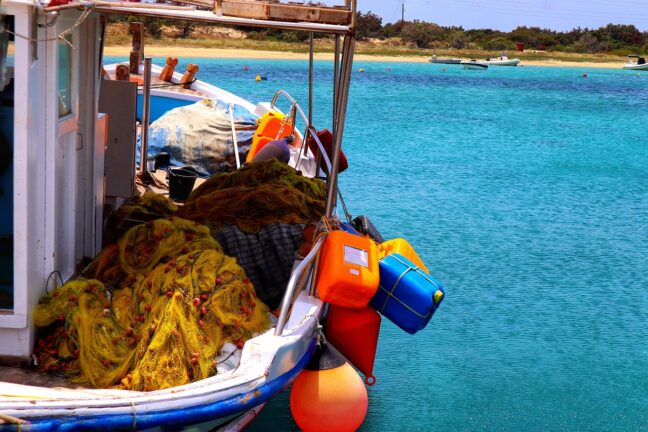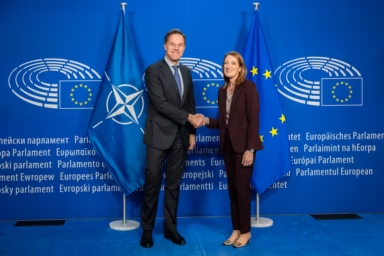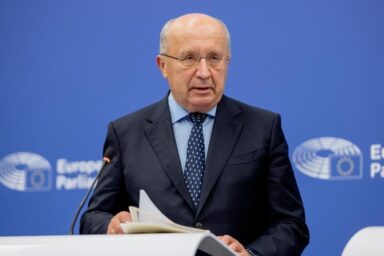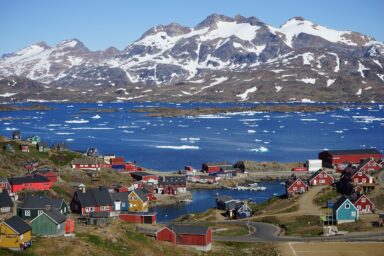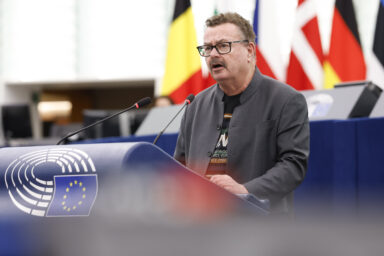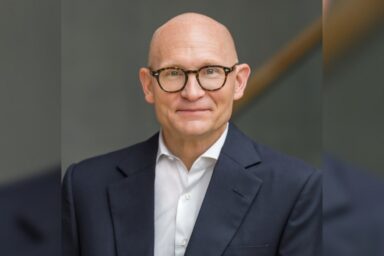The Danish Minister for Food, Agriculture and Fisheries, Jacob Jensen, on Monday 14 July outlined key priorities for Denmark’s EU Council Presidency for the second half of 2025. Speaking at the Agriculture and Fisheries Council meeting in Brussels, Mr Jensen highlighted efforts to streamline regulation and more.
“I’ve been waiting a long time for this moment to arrive,” Minister Jensen told reporters ahead of the meeting. Once the Council began, he outlined several areas of focus, including:
Simplifying and streamlining EU regulations
Securing the safety of animals during transport
You might be interested
The production and marketing of plant reproductive material
Accelerating the green transition in agriculture and fisheries
Securing timely agreement on 2026 fishing opportunities
Diversifying protein sources for feed
Stability is crucial
The meeting paved the way for continued cooperation among EU member states under Denmark’s leadership, aiming to balance economic viability, environmental sustainability, and a stable food supply. Minister Jensen acknowledged turbulence in global trade (earlier discussing US tariff policy with reporters). He noted that the issue could influence policy discussions during Denmark’s presidency.
It is very important that the Commission reached a deal with the UK on access to waters. Access to UK waters is of great importance to EU fishers — Jacob Jensen, Danish Minister for Food, Agriculture and Fisheries
Nevertheless, Mr Jensen reaffirmed his focus on immediate sector priorities. On fisheries, he welcomed EU agreements with the UK and Norway, noting their significance — particularly the deal allowing continued EU access to British waters until 2038.
“Here, it is very important that the Commission reached a deal with the UK on access to waters. Access to UK waters is of great importance to EU fishers,” the minister said.
Looking ahead, minister Jensen said Denmark would focus on the Mediterranean and Baltic Seas in terms of fishing opportunities but also ecological concerns. As a Dane, he expressed particular concern over the Baltic’s poor ecological state, calling for a “holistic management” approach.
Working towards a common goal
The minister affirmed Denmark’s readiness to work closely with the European Commission on all aspects of the Common Fisheries Policy. Above all, he reminded attendees and listeners that the Danish presidency stood ready to respond swiftly. To any unexpected or new developments, including those related to global trade.
How were his remarks received?
Italy and Spain were among the first to respond in the ensuing debate. Both congratulated the minister on the new Danish presidency and praised the presentation. Italy emphasised the need for self-sufficiency and accelerating genomic techniques, while also advocating a review of older policies that it suggested might be outdated. Spain’s representative said his country fully agreed with the working programme and brought up the MFF discussion by the European Commission on Wednesday that will look at the future of the EU in financial terms.
On the whole, Monday’s Council meeting reflected Denmark’s clear commitment to advancing key agriculture and fisheries priorities during its presidency in the months ahead.
